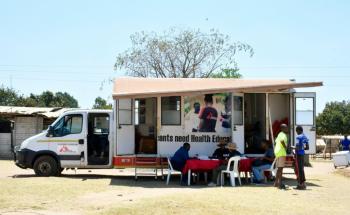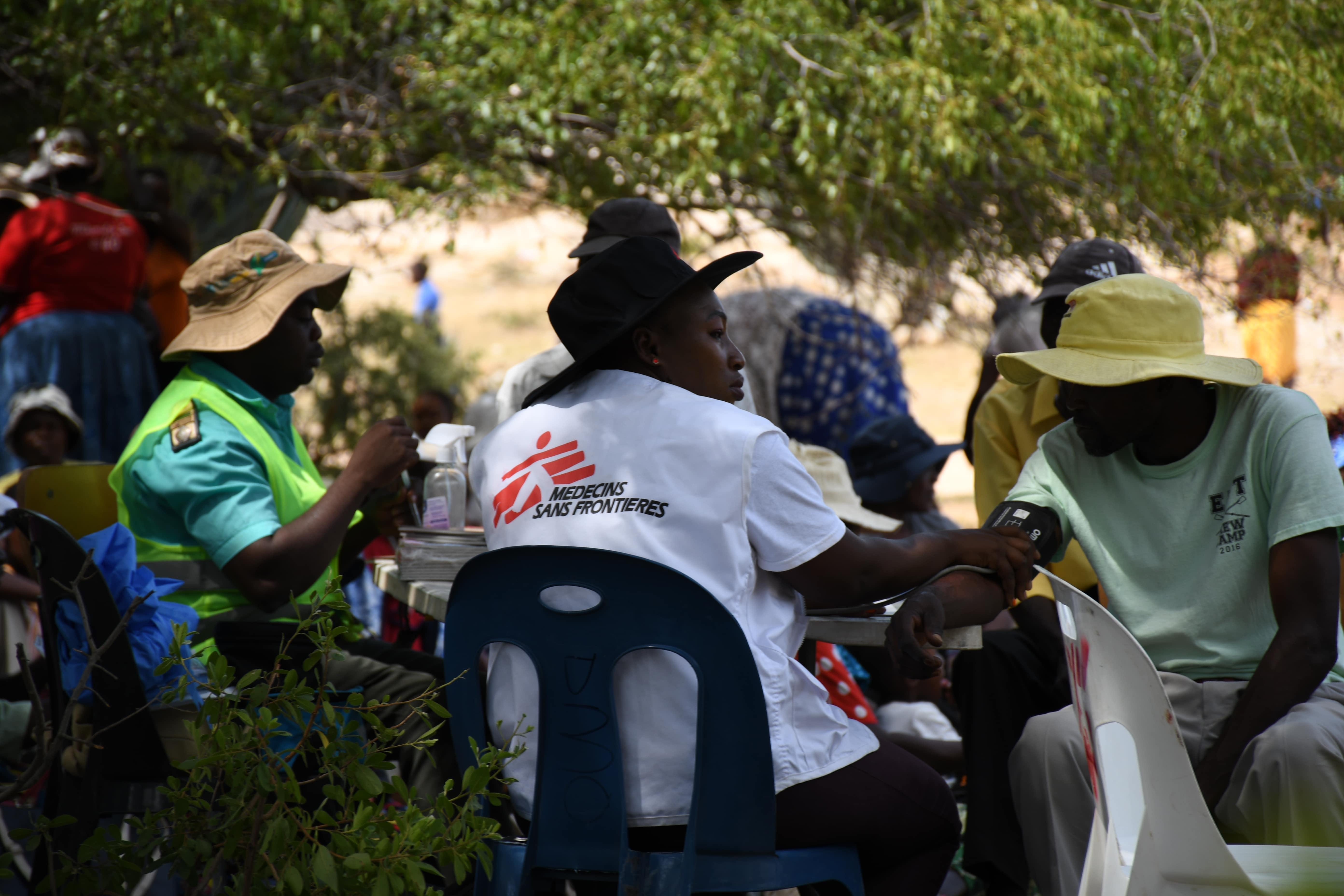Zimbabwe has officially declared the end of a cholera outbreak after nearly one and half years of battling with the second-biggest outbreak in its history. The declaration follows 30 days of no cholera cases in the country. This declaration by the Ministry of Health and Child Care (MoHCC) is a significant and welcome development, considering that it has been more than a year’s fight to contain cholera in the country, and a lot of effort went into this fight.
While this is a positive development and a big win for the country, Doctors Without Borders (MSF) believes more can be done to prevent future outbreaks. To prevent people from continuously falling sick and to save lives, there would be a need for balance between having timely access to cholera vaccines and also ensuring Zimbabwe invests in its water sanitation and hygiene (WASH) infrastructure in both urban and rural communities as well as employing a holistic approach in fighting cholera.
It is extremely encouraging to learn that the cholera outbreak has come to an end in Zimbabwe, given the magnitude of the outbreak, which claimed many lives and impacted many people.Elisha Sithole, Project Coordinator for the Cholera Outbreak Response Emergency Project, MSF in Zimbabwe

MSF team supported MoHCC in fighting cholera, intervening in six rural districts, three urban areas (including the capital city, Harare) and one prison. MSF, supported through job mentorship that played a significant role in reducing the cases. MSF's approach was based on training, case management, Risk Communication and Community Engagement surveillance, and Water, Sanitation and Hygiene (WASH) backed by sustained advocacy and communication strategies.
In this latest outbreak, Zimbabwe recorded 34 550 suspected cholera cases, 3 964 confirmed cases with 33 831 recoveries, cumulative deaths were 719, with 88 of these being culture-confirmed and 631 are suspected deaths (Zimbabwe’s Ministry of Health and Child Care National data)
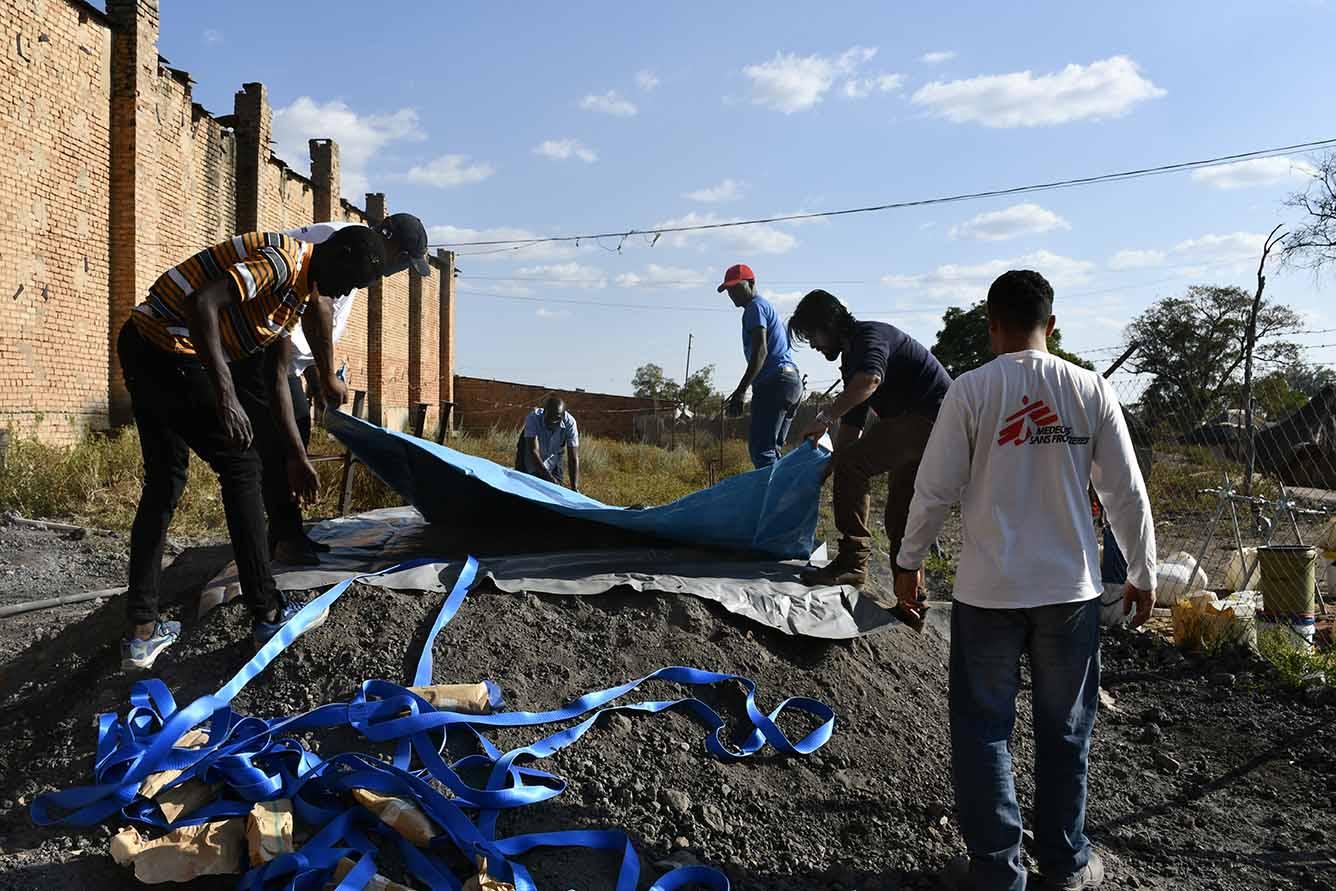
Quote by Elisha Sithole, Project Coordinator for the Cholera Outbreak Response Emergency Project, MSF in Zimbabwe:
“It is extremely encouraging to learn that the cholera outbreak has come to an end in Zimbabwe, given the magnitude of the outbreak, which claimed many lives and impacted many people for more than a year. This experience taught us many lessons that we should consider for future outbreaks.
It is also important that this declaration is coming at a time when we attended the first-ever international conference on cholera elimination organised by the Government of Mozambique from the 29th to the 30th of July. It was encouraging to see many countries, including those from Southern Africa represented by their Heads of State and Ministers, UN representatives, and various Non-Governmental Organisations to discuss the challenges we are faced with and ways of enhancing our fight against cholera, especially in our region that has been severely affected by cholera outbreaks in recent years.
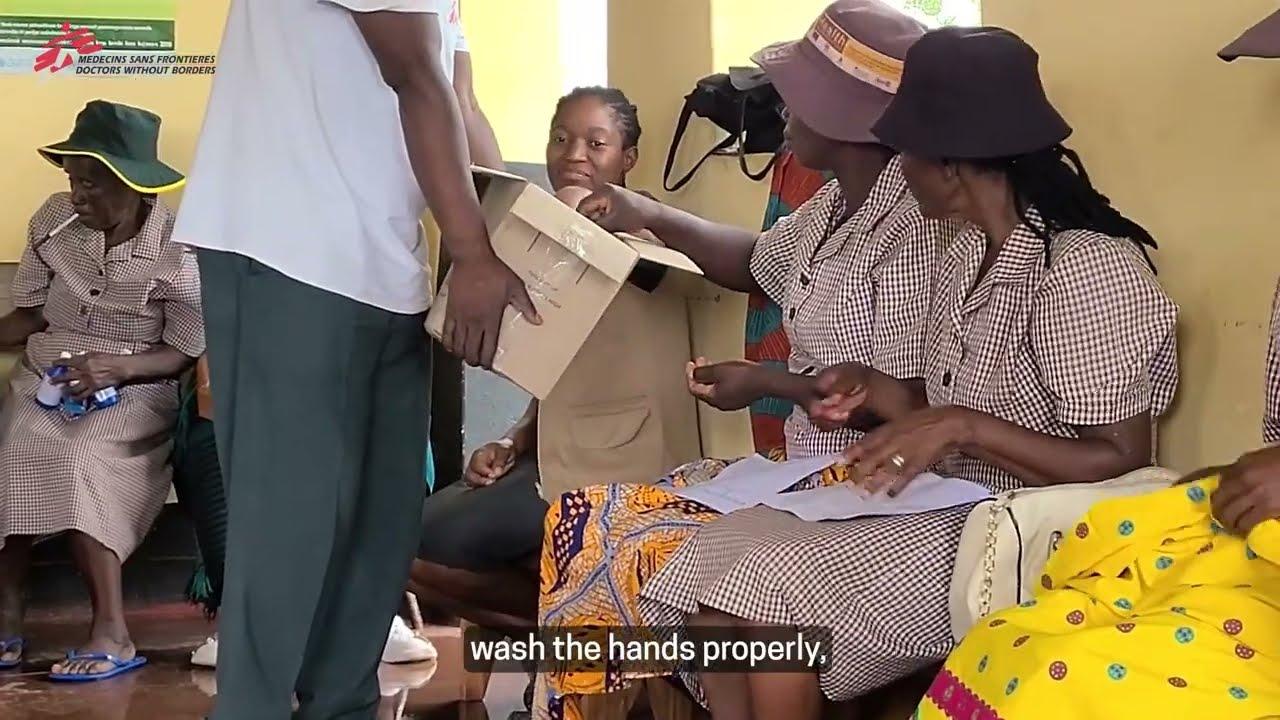
Francesco Di Donna, MSF Emergency Coordinator, talks about cholera outbreaks in Zimbabwe.
As you can see, this is not a one-man problem. We all must work together to fight cholera and devise appropriate strategies. We believe and reiterate the messages shared at the conference that cholera can be prevented if different aspects are considered and a multidisciplinary approach is enabled, such as vaccination, water and sanitation, community engagement, leadership commitment, and case management.
We continue to advocate for cholera vaccination worldwide and call for more manufacturers to come on board and urgently produce oral cholera vaccines and at least provide two doses of the vaccine in hotspot areas rather than one dose, which only lasts for six months of protection, despite the global shortage of cholera vaccines. With two doses, immunity against infection lasts for three years.
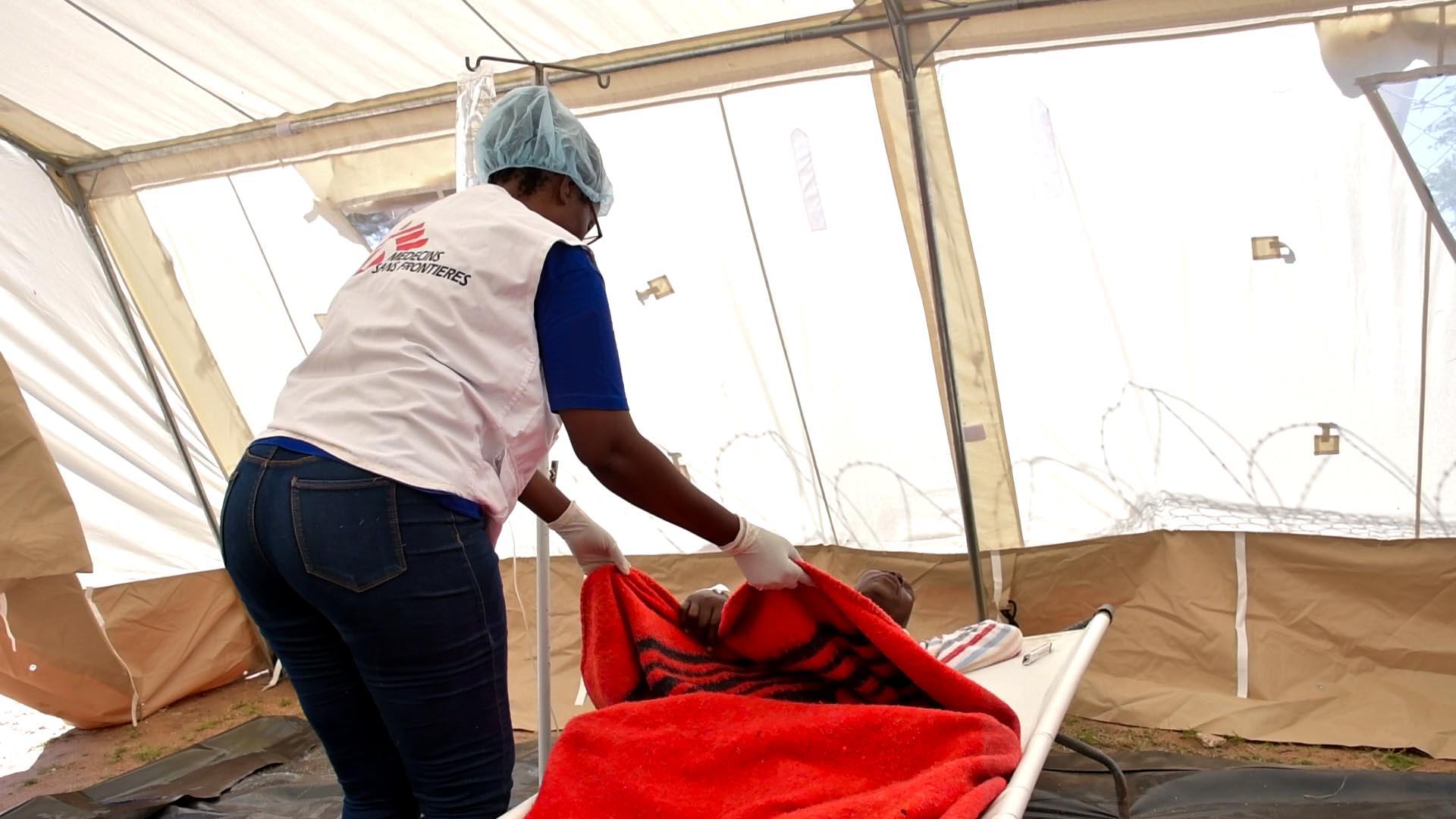
Currently, only one manufacturer is producing the pre-qualified version of the vaccine and is producing at their maximum current capacity, after another manufacturer left the market at the end of 2022, with no new manufacturers entering the market this year, and inaccuracies in supply and demand forecasting, partly related to the unpredictability of outbreaks.
Even the one-dose strategy has not been enough. In 2023, 14 countries requested 76 million doses to implement a one-dose strategy, but only 38 million doses were available. If a two-dose strategy had been implemented, the gap in the number of vaccines for the outbreak response would be as high as 104 million doses. It’s not counting the doses needed for preventive campaigns.” We acknowledge that this shortage will not be solved soon, but more effort is required to produce more vaccines.
While the battle for vaccines continues, countries should also employ other strategies to prevent or curb cholera outbreaks. This stresses the urgency of strengthening water and sanitation systems. The longer-term solutions include replacing the antiquated water and sewage systems, creating a sustainable waste disposal system, and providing safe water. Providing safe water, basic sanitation, and hygiene practices is critical to prevent and control the transmission of cholera and other waterborne diseases. Without looking at a holistic approach to the fight against cholera, it may knock again on our doors soon.”


